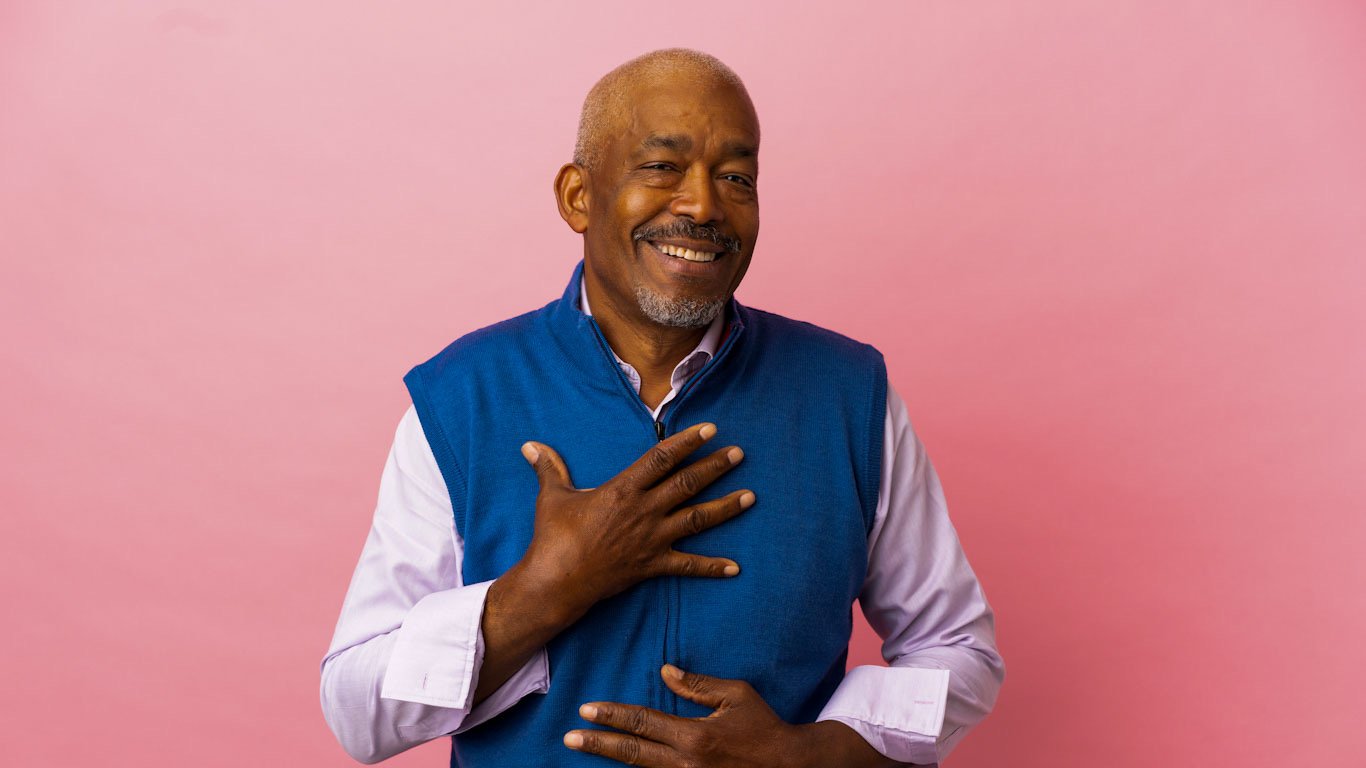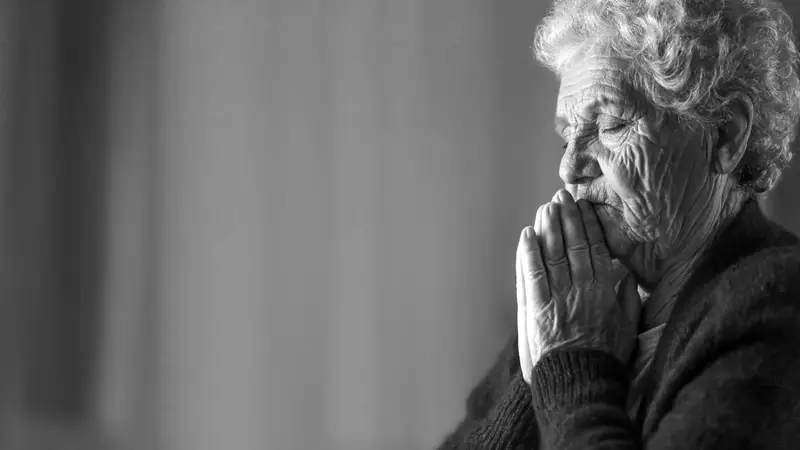individuals’ distinct roles since the greatest and silent generations.
These archetypes—The Hero, The Mentor, The Shadow, and The Trickster—represent fundamental aspects of the human experience and psyche. In a narrative or reflective process, they reveal universal lessons, challenges, and transformative insights that resonate across cultures.
The hero

collaborative problem solving
Actionable Insight: Effective forecasting to respond constructively to positive or negative situations
The mentor

collaborative problem solving
Actionable Insight: Effective forecasting to respond constructively to positive or negative situations
The shadow

collaborative problem solving
Actionable Insight: Effective forecasting to respond constructively to positive or negative situations
The trickster

collaborative problem solving
Actionable Insight: Effective forecasting to respond constructively to positive or negative situations
In Hegel’s philosophy, each contributing to the development of human freedom and ethical life. The citizen, the person, the hero, and the victim each represent different facets of human existence and interaction with society, history, and the state.

the citizen
is a member of the state fulfils both individual and collective duties. not simply a private individual pursuing self-interest, and theoretically recognise the ethical significance of participating in the state and contributing to the common good.
Enjoy access to real knowledge, that align their personal freedoms with the laws, values, and duties of the state, citizens achieve self-actualisation and contribute to the stability and rationality of society.
Meet Scarlett Cleverly
the person
• Role and Importance: In Hegel’s view, the concept of “the person” refers to individuals as bearers of rights and as holders of personal identity and dignity. As persons, individuals are endowed with intrinsic value and moral agency, distinct from the roles they play in family, civil society, or state.
• Connection to Freedom: The person embodies individual freedom and the right to personal autonomy, and Hegel asserts that true ethical life requires the recognition of each person’s individuality. This concept of personhood underpins laws, rights, and mutual respect within a community, allowing people to express themselves freely within a social structure.
• Contribution to Ethical Life: Recognizing personhood allows a society to respect individual rights and uphold justice. Hegel’s view of personhood supports the idea of legal equality, where each person is recognized as having rights that must be respected by others and the state

The hero
• Role and Importance: The hero in Hegel’s philosophy is often a transformative figure who advances history through bold actions that challenge the status quo. Heroes are individuals who shape significant events or embody revolutionary ideas, often bringing about change that propels society forward.
• Complexity: While heroes serve a greater historical purpose, their actions can sometimes involve morally ambiguous or even destructive means. Hegel acknowledges that heroes can act against established ethics in the service of a higher rationality that only becomes clear in hindsight.The hero

The victim
In Hegel’s philosophy, victims symbolize those who suffer under the impersonal forces of historical progress, often experiencing loss, injustice, or displacement as society advances toward higher ethical stages. Hegel views history as a rational process where progress is frequently accompanied by sacrifice and hardship. Although victims are not direct agents of change, they play a significant role in the unfolding narrative of human freedom and ethical development. Their experiences encourage later generations to reflect on past injustices, inspiring reform and the pursuit of justice. Hegel does not glorify their suffering but sees it as an unfortunate, yet inevitable, part of societal progress. These stories of suffering serve as powerful catalysts for ethical growth, helping society recognize areas for moral improvement and future social transformation.
Meet Sandra Smithhow individuals experience and perpetuate epistemic injustice, distortion of truth (gaslighting), and disruptive behaviours (trolling).
Do you recognise these behaviour’s in yourself; a neighbour, friend, work mate, if not consequential strangers?
The Epistemically Silenced

collaborative problem solving
Actionable Insight: Effective forecasting to respond constructively to positive or negative situations
The manipulator of shadows

collaborative problem solving
Actionable Insight: Effective forecasting to respond constructively to positive or negative situations
The mocking observer

collaborative problem solving
Actionable Insight: Effective forecasting to respond constructively to positive or negative situations
The enlighten sceptic

collaborative problem solving
Actionable Insight: Effective forecasting to respond constructively to positive or negative situations













